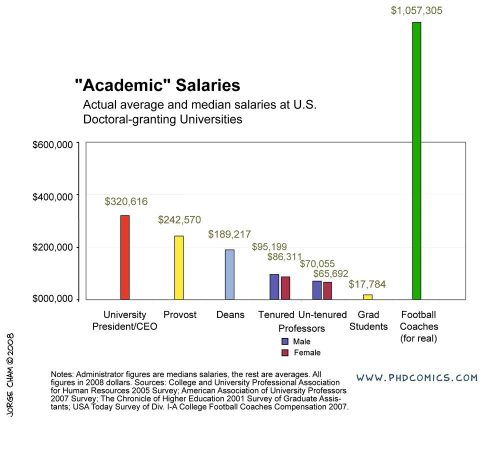He finally crossed a line: Maher finally sneered at something white men like, and the outrage has started to bubble to the surface. How dare he criticize Stan Lee and comic books?
That he’s an anti-vaxxer, that his whole smug schtick is to salt his panels with a couple of assholes and fan the flames…nah, that doesn’t matter. He can keep on inviting Jack Kingston, Andrew Sullivan, Bari Weiss, and all the other people he loves because they’re famous, all fine. That he’s a not very funny talk show host who was never in the running for any of the big broadcast late night shows, even with their relatively low standards of humor, tells you he’s kind of a flop who ought, at best, to be running an unexceptional podcast with a declining audience, instead of getting his blah words highlighted on Raw Story as if they’re news every goddamn weekend.
I thought it was good that he fought back, briefly, against the bizarre popular notion that terrorists are cowards who hate freedom, but those glory days are done. Retire, Maher.






